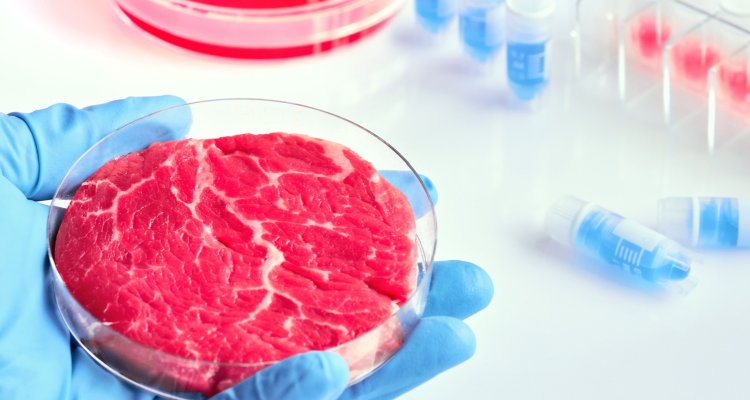
Project
Media Optimization for Cultivated Meat and Seafood
This project aims to develop and optimize extraction protocols, screening and characterization of compounds that could potentially be used as nutrients in cell culture media. Additionally, it aims to identify compounds that could be used to steer muscle and fat cell differentiation.
Background
With the world’s population predicted to surpass nine billion by 2050, substantial challenges emerge regarding food production and security. Traditional practices such as livestock farming and fishing are deemed unsustainable due to their resource-intensive nature and adverse environmental effects. Therefore, there is an ever-growing need for innovative and sustainable food production technologies. Cultivated meat is an emerging technology where meat and seafood are produced using animal cell culture. Despite significant advances in the field, several key technical obstacles remain to be addressed before this technology is viable at a commercially scale. One such obstacle is the development of animal ingredient-free, cost-effective, and food-grade cell culture media. At BPE we will use our expertise in bioprocess engineering and biobased production to tackle this. We will extract, screen, and characterize compounds derived from other bioprocesses, and evaluate whether they support cell proliferation and differentiation of different cell types (e.g. fat, muscle cells) in different culture conditions (i.e. 2D, 3D, suspension cultures).
Aim
In this project we aim to develop and optimize media for growth and differentiation of primary cell and cell lines of interest for cultivated meat and seafood applications.
Approach
For this we use a combination of techniques, the most important of which include:
- Precision fermentation to produce media components in a scalable and sustainable manner.
- Liquid handling and automation to allow us to test multiple media formulations in a high-throughput manner, allowing identification and implementation of improvements at a faster pace.
- Cell biology analyses to assess the impact of alternative media formulation on cell proliferation and differentiation.
- Omics analyses to gain deeper insight of intracellular changes in expression (transcript and protein levels) and metabolites to support findings at the macro-level.
For Master and Bachelor Thesis projects on this project you can contact PhD-candidate (whoever get selected at the last round of interviews).